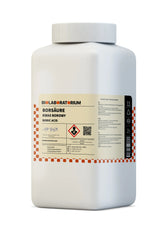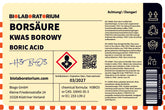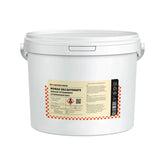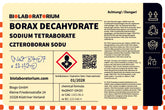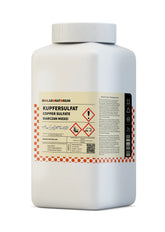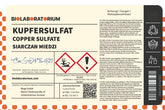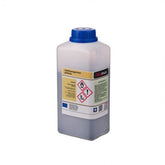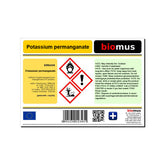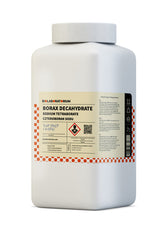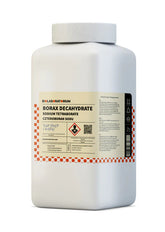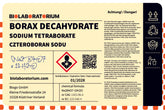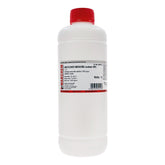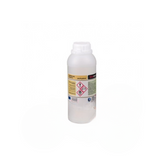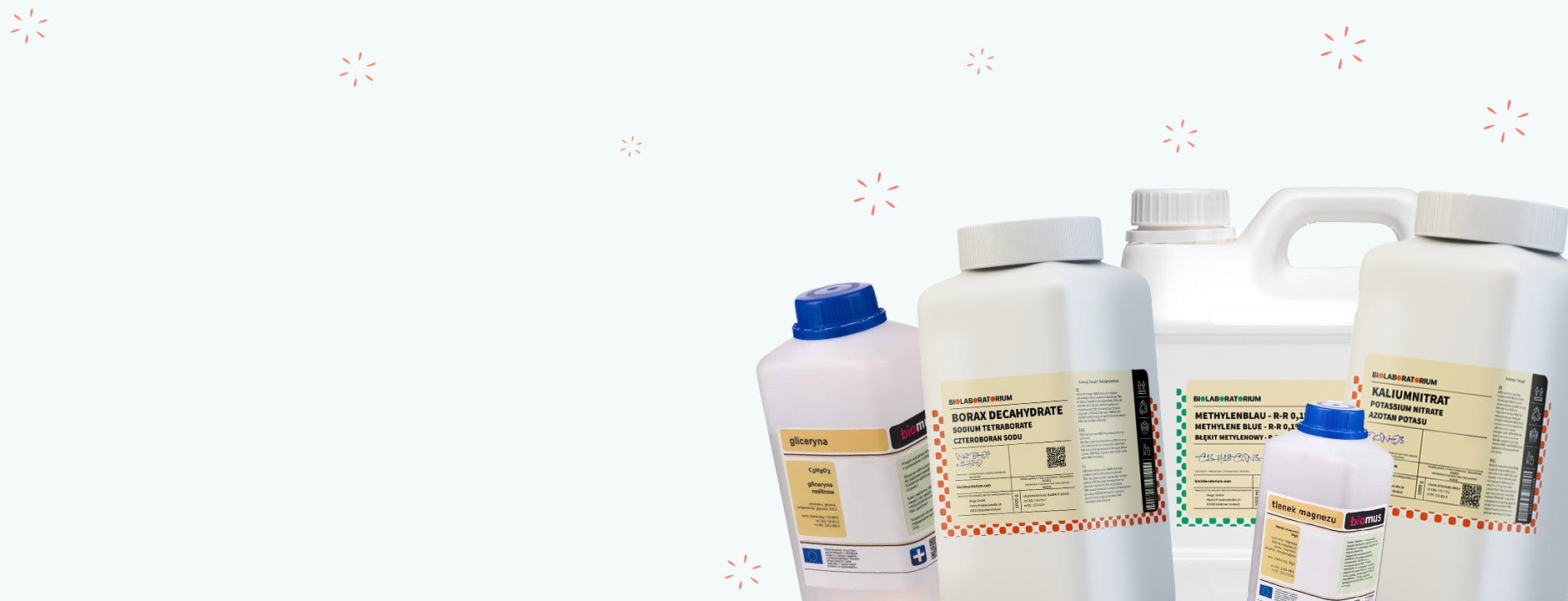Boric acid – Versatile for a clean home
Boric acid is a natural mineral that is widespread in nature and has been used in many ways for centuries. Nowadays, boric acid is indispensable in the household – whether as a cleaning agent, disinfectant, or even as a dietary supplement. In this blog post, you will learn how to use boric acid safely and effectively in your home.
What is boric acid and where does it come from?
Boric acid, also called orthoboric acid, is a chemical compound made of boron, hydrogen, and oxygen. It naturally occurs in volcanic rocks and mineral springs and is industrially obtained from borates.
Boric acid is a white, crystalline powder with a slightly acidic taste. It is well soluble in water and has a variety of applications – from cleaning and disinfecting to use in medicine.
How does boric acid work?
The versatile properties of boric acid are based on its chemical structure. As a weak acid, boric acid can react with water and release protons. This creates a slightly acidic solution that acts antibacterial and antimicrobial.
Furthermore, boric acid has a high affinity for boron compounds. Therefore, it can function well as a complexing agent and bind unwanted substances. For this reason, boric acid is also used as a flame retardant and wood preservative.
Use of boric acid in the household
The versatile properties of boric acid make it an extremely useful all-round talent in the household. Here are some applications:
Cleaning and disinfection
Boric acid is excellent as a natural cleaning agent. Its antibacterial effect makes it particularly effective against mold, bacteria, and fungi. For example, you can use boric acid to clean tiles, grout, or sinks.
Boric acid is also very suitable as a laundry disinfectant. Simply add some boric acid to the washing machine to make your laundry germ-free.
Pest control
Boric acid is not only non-toxic to humans and animals but also an effective agent against annoying pests like ants, cockroaches, or silverfish. Just sprinkle some boric acid powder in places where the pests gather.
Deodorant and foot care
Boric acid also has a drying effect and can therefore be used as a natural deodorant. Mix some boric acid with baking soda and apply the mixture under your arms.
Boric acid is also excellent for foot care. It helps combat athlete's foot and unpleasant foot odor. Simply add some boric acid powder to your foot bath.
Wound care
In medicine, boric acid has long been used as a wound disinfectant. It promotes wound healing and prevents infections. You can also use boric acid solution at home to disinfect minor injuries.
Dietary supplement
Boric acid is not only suitable for external use but can also be taken as a dietary supplement. It supports bone metabolism and hormone production. However, you should discuss intake with your doctor beforehand.
Safe handling of boric acid
Although boric acid is non-toxic in most cases, you should observe some precautions:
- Do not ingest boric acid in large amounts, as it can be toxic in high doses.
- Exercise caution when applying to skin or mucous membranes, as boric acid can be irritating.
- Keep boric acid away from children and pets, as it could be swallowed.
- Wear protective gloves and a mask when handling boric acid powder to avoid inhalation.
- Store boric acid solutions or powder in a cool, dry place.
With proper use and precautions, boric acid is an extremely useful and versatile product for the household. Try it yourself and discover the power of nature!
Conclusion
Boric acid is a natural mineral with many applications in the household. It acts antibacterial, antimicrobial, and can be used as a cleaning agent, disinfectant, and even as a dietary supplement.
Due to its properties as a weak acid and complexing agent, boric acid is a true all-round talent. You can use it for cleaning, disinfecting, pest control, and even wound care.
However, you should observe some precautions when handling boric acid, as it can be toxic in high doses. With proper use, boric acid is a safe and effective product for a clean and healthy home.

